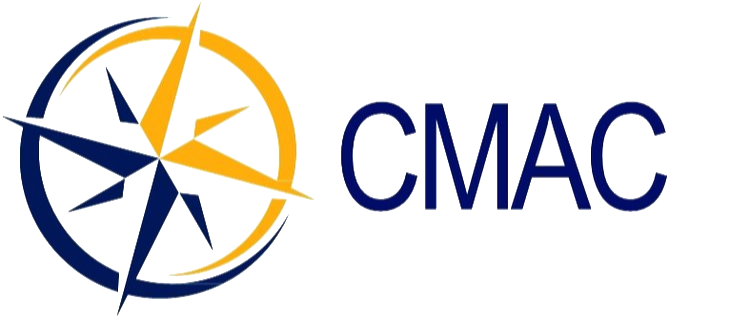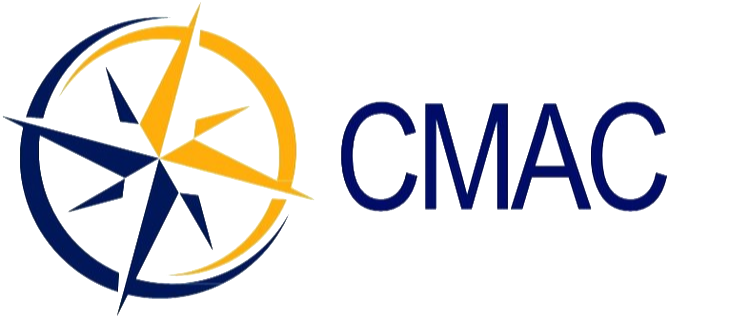
CMAC Sunday Ideas Series: How to Engage Across Cultures and Time Zones
A Conversation with Emily Robin, Associate Dean for Advancement at London Business School
In a recent episode of Alumless World, hosts Nicole and Ryan sat down with Emily Robin, Associate Dean for Advancement at London Business School (LBS), to explore what it takes to lead advancement on a global scale.
With a career that spans North America and Europe, including senior roles at INSEAD, the American School of Paris, and Bryn Mawr College—Emily brings a unique, international lens to building strong, sustainable advancement programs. Her work reflects both strategic vision and cultural fluency, shaped by years of experience navigating diverse philanthropic landscapes.
How should advancement leaders think about leading across cultures?
Emily's global advancement experience has given her deep insight into the power of context. Whether engaging alumni in Paris or donors in Singapore, her approach centers on understanding the values, motivations, and expectations.
“You can’t copy and paste a U.S. model of advancement into a European or Asian context,” she said. “You have to be a listener first—and a translator of values second.”
At INSEAD, she managed alumni and donor relationships across continents, customizing stewardship approaches to resonate locally while staying aligned with institutional goals.
What Makes Advancement at Global Business Schools Unique?
Working at globally recognized institutions like INSEAD and now London Business School, Emily has helped shape advancement programs in high-stakes environments. Alumni are often senior executives, entrepreneurs, and global citizens. They are strategic in their giving and deeply focused on outcomes.
“In these settings, advancement is part of the leadership conversation,” Emily said. “It’s not just about fundraising—it’s about how the institution defines its future, and how alumni and donors can play a meaningful role in that.”of each community.
At INSEAD, she managed alumni and donor relationships across continents, customizing stewardship approaches to resonate locally while staying aligned with institutional goals.
How Has International K–12 Experience Shaped Your Philosophy?
Before returning to higher education, Emily served as Director of Advancement at the American School of Paris, where she led a comprehensive advancement program including fundraising, communications, admissions, and alumni relations.
That experience offered valuable lessons in adaptability and relationship-building. In a transient international school community, success depended on building trust quickly, stewarding short- and long-term relationships, and aligning advancement with the life of the school.
“International schools are like microcosms of global philanthropy,” she shared. “You’re working across languages, cultures, and expectations—often in the same room.”
What Does Strategic Advancement Leadership Look Like?
Across all her roles, Emily has focused on embedding advancement into the strategic fabric of the institution. This includes developing donor-centered narratives, aligning campaigns with academic priorities, and building internal partnerships with faculty and administration.
She emphasized the importance of building internal credibility:
“Advancement leaders must be seen as strategic partners, not just fundraisers. That means showing up with data, insight, and an understanding of where the institution wants to go.”
Final Thoughts
Emily Robin’s career path—from liberal arts colleges to global business schools and international K–12 education—offers a compelling model for 21st-century advancement leadership. Her work highlights the importance of cultural literacy, institutional alignment, and relationship-first strategies in building programs that thrive across borders.
Whether in Paris, Singapore, London, or Philadelphia, Emily has demonstrated that advancement is not just a function—it’s a force for shaping the future of education.
🎧 Listen to the full conversation on Alumless World to hear more about Emily’s international journey, her insights on building advancement programs from the ground up, and what leadership looks like on the global stage.


